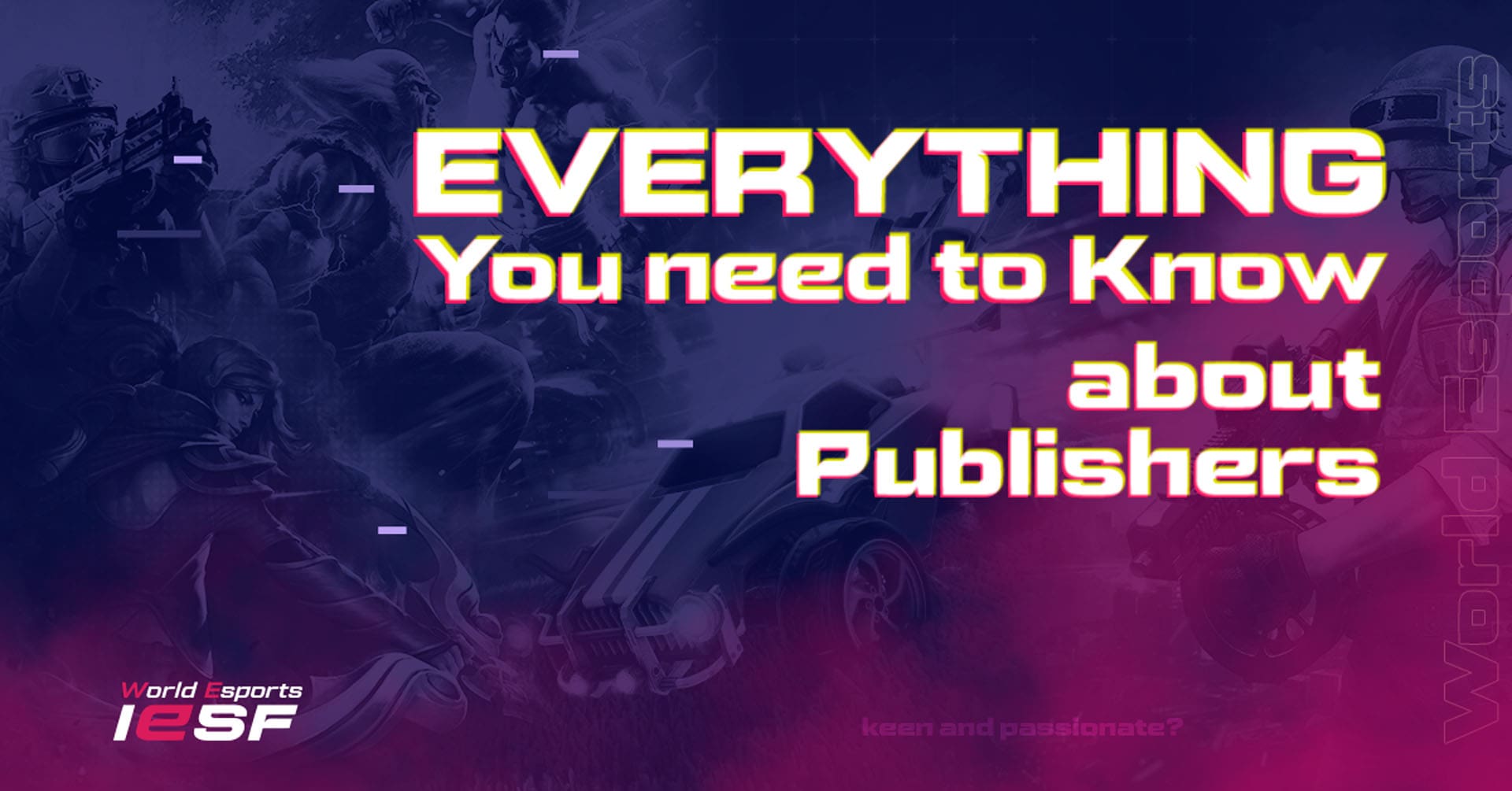
This might come as a surprise to some people, but video games don’t actually grow on trees, nor do they randomly come out of thin air. Video games are developed and released by game publishers all around the world.
Enough of the fun and games (yeah, right). Today we will cover everything you need to know about game publishers!
Publisher Rights
Game developers and publishers are in a sense the creators that control what a game will be and how it will function. Based on research, they decide what goes into the game, how the characters will look, how the mechanics will work, and all the other factors that come with it. They also have a say in how the game should be played in tournaments and similar environments, but that doesn’t always have to be the case. Generally, there are two different approaches for game publishers. . The ‘closed approach’ refers to a game publisher that prefers to organize the tournaments for their game in-house. The most famous game publisher to use this tactic is Riot Games. In other instances, game publishers such as Valve, famous for creating Counter-Strike, prefer to grant licenses to third-party providers. These providers can then organize leagues, tournaments, and other events surrounding the game.
Strategies
Game publishers are unique. All of them employ different tactics for their product’s sales, distribution and event organization. Let’s take a look at what Riot Games are doing. They have focused on their main creation, League of Legends, for over ten years, and just two years ago ventured into a new territory with their popular release, Valorant. Riot prefers to organize their own annual tournaments and events, but still allows third-parties to create smaller events. In contrast, Valve has a different approach to their events. Their well-known titles Counter-Strike and Dota amass millions of players each year, and still remain two of the most iconic games to this day! Valve sells their game licenses to third-party event organizers and backs the events with financial support. The organization of the events is out of their hands, in contrast to Riot who organize their own annual competitions.
Brand Integration
Similar to traditional sports, brands have been keen to invest in the new wave of competitive gaming. There are different levels and lengths brands will go to sponsor teams and players. Take for instance Team OG, one of their main sponsors is Red Bull, and is featured directly on the team logo and jerseys. Other brands have different agreements with players and teams, where they provide funding and other resources while only asking for ad-space and brand exposure in return. League of Legends, for example, has found a unique way to collaborate with brands. They have created multiple special skins for in-game use for their collaboration with designer Louis Vuitton.
There is a whole sea of opportunity within the esports ecosystem, and we are very excited to see how esports brands and partnerships will develop in the upcoming years. We’re in for quite the ride!


